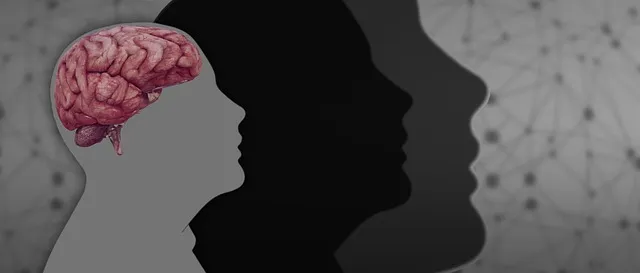The Longmont Kaiser Permanente mental health department emphasizes cultural sensitivity as a core principle for delivering high-quality care. By training professionals in cultural competency, they ensure patients from diverse backgrounds receive personalized therapy tailored to their unique needs and beliefs. This approach involves active listening, empathy, incorporating traditional healing practices, and offering mindfulness techniques to foster emotional well-being. The result is enhanced therapeutic outcomes and a safe space for all clients, regardless of their cultural background or the specific Longmont Kaiser Permanente mental health department number they reach out to.
In today’s diverse society, cultural sensitivity is a cornerstone of effective mental healthcare. The Longmont Kaiser Permanente mental health department has recognized this by adopting strategies that ensure culturally competent care. This article explores the significance of cultural sensitivity and its impact on therapy sessions, with a specific focus on the practices implemented at Longmont Kaiser Permanente mental health department, serving a diverse patient population through tailored interventions.
Understanding these approaches is essential for improving healthcare outcomes and fostering inclusive environments.
- Understanding Cultural Sensitivity: A Cornerstone of Effective Mental Healthcare
- The Impact of Cultural Competence in Therapy Sessions
- Strategies for Providing Culturally Sensitive Care at Longmont Kaiser Permanente Mental Health Department
Understanding Cultural Sensitivity: A Cornerstone of Effective Mental Healthcare

Understanding Cultural Sensitivity is a cornerstone of effective mental healthcare, especially within institutions like Longmont Kaiser Permanente’s mental health department (number varies). It involves recognizing and appreciating the diverse cultural backgrounds of patients, tailoring treatments to align with their unique beliefs, values, and practices. This approach ensures that individuals from all walks of life receive care that respects their inherent sense of self, fostering trust and open communication.
By integrating cultural sensitivity, mental health professionals can address the nuanced needs of a varied patient population. This includes considering factors like language barriers, religious observances, traditional healing practices, and community influences on mental well-being. Moreover, it involves promoting Self-Care Routine Development for Better Mental Health and Burnout Prevention through Self-Awareness Exercises, ensuring practitioners themselves are attuned to their own cultural biases and equipped to offer compassionate, culturally competent care.
The Impact of Cultural Competence in Therapy Sessions

In today’s diverse society, cultural sensitivity within mental healthcare is more crucial than ever. The Longmont Kaiser Permanente mental health department recognizes this need and prioritizes cultural competence to ensure effective therapy sessions. By understanding and appreciating the unique cultural backgrounds of their clients, therapists can create a safe and inclusive environment that fosters emotional healing processes. This sensitivity enables professionals to adapt their practices, incorporating self-awareness exercises and emotional intelligence techniques tailored to individual needs.
Cultural competency goes beyond mere knowledge; it involves active listening, empathy, and respect for diverse perspectives. Therapists equipped with these skills are better positioned to navigate complex cultural dynamics, address unconscious biases, and provide personalized support. As a result, clients from various ethnic, racial, or socio-economic groups can expect to experience culturally sensitive care, enhancing their overall therapeutic journey and outcomes, regardless of the Longmont Kaiser Permanente mental health department number they connect with.
Strategies for Providing Culturally Sensitive Care at Longmont Kaiser Permanente Mental Health Department

At Longmont Kaiser Permanente Mental Health Department, culturally sensitive care is a core principle guiding their practices. To provide effective services, mental health professionals undergo rigorous training in cultural competency, focusing on understanding and appreciating diverse beliefs, values, and behaviors. This involves learning about various ethnic, racial, religious, and socioeconomic backgrounds to ensure every patient receives respect and tailored support.
One strategy employed is incorporating self-esteem improvement techniques and mindfulness meditation sessions into treatment plans. These practices promote emotional well-being and help patients manage stress, especially those from cultures where mental health discussions are emerging. Additionally, regular risk assessments for mental health professionals are conducted to identify potential cultural biases and triggers, ensuring practitioners remain equipped to handle sensitive cases effectively.
Cultural sensitivity is a vital aspect of mental healthcare, and the strategies implemented by the Longmont Kaiser Permanente Mental Health Department serve as an excellent model for improving patient care. By fostering cultural competence, therapists can create inclusive environments that honor diverse beliefs and backgrounds, ultimately enhancing therapeutic outcomes. This approach ensures that every individual receives respectful, effective treatment tailored to their unique cultural needs, which is a key goal of modern mental healthcare. With continued education and awareness, the Longmont Kaiser Permanente department’s commitment to cultural sensitivity can lead to significant improvements in patient satisfaction and well-being.






